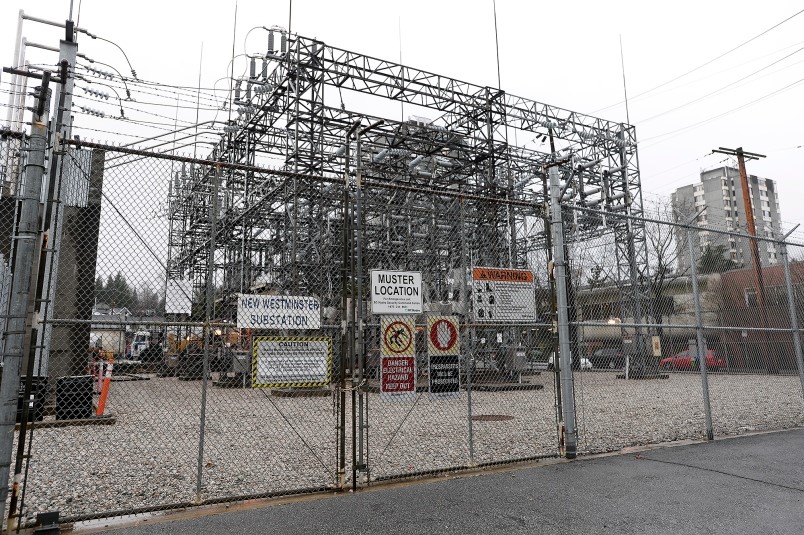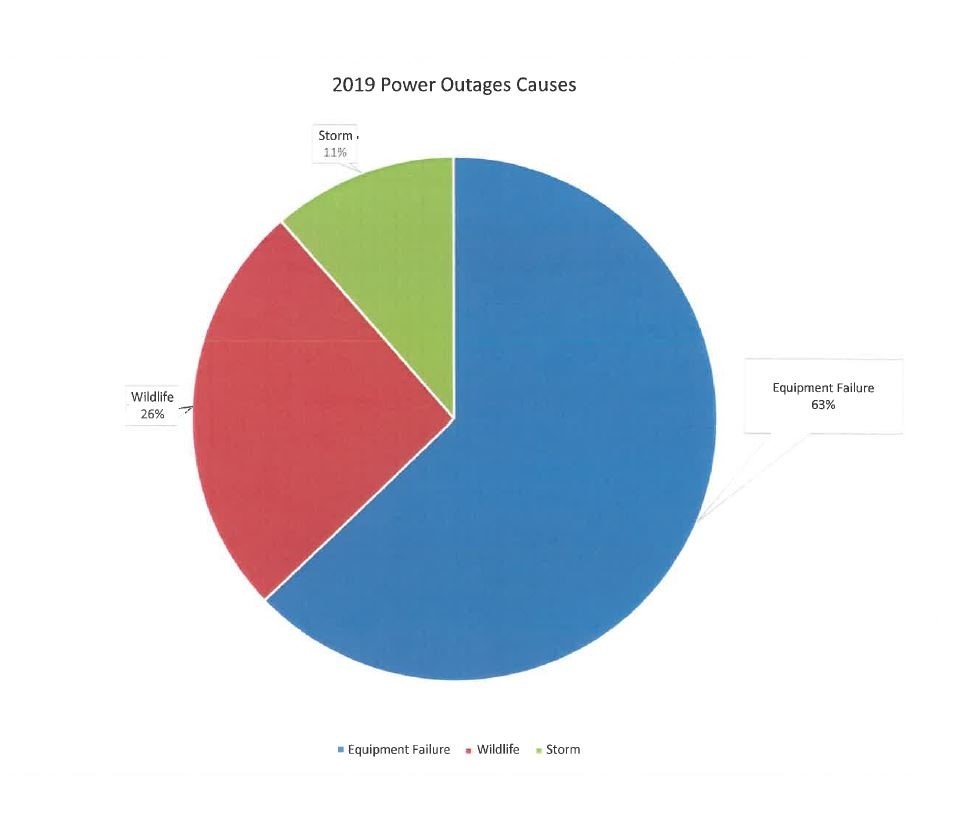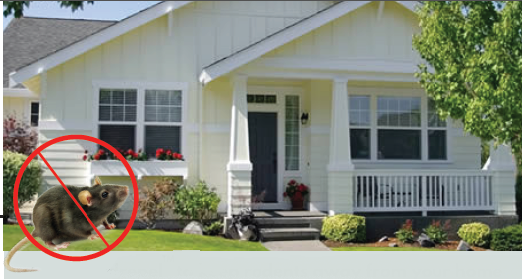What’s the biggest danger to the power grid? Hackers? Terrorists? Er, squirrels.
You’ve probably noticed, squirrels seem to be everywhere. The critters can also hit close to home, knocking out power.
Recent news reported states that squirrels are responsible for 14 percent of Huntsville Utilities outages in 2019 where among the total 2,884 total outages through mid-December, squirrels were responsible for 207 of them.

One might wonder the need for these notorious mammals being so interested in closely exploring the cables, even when these cables don’t suit their palate? The answer is simple; Most of the time squirrels gnaw to fulfill a portion of their dietary habits – opening hard-shelled nuts. If, however, squirrels do not have an adequate dietary reason or opportunity to exercise their incisors, there is a danger of the teeth “overgrowing”. In these cases, the incisors can prevent the squirrel’s mouth from closing (severely restricting its ability to eat), or the teeth may actually cause injury to the animal, including puncturing the roof of the mouth. If squirrels have need of wearing down their incisors, and there are no other hard substances nearby, they will gnaw on cable. Cable components such as polyethylene and aluminum shielding handily meet the needs of squirrels in the neighborhood when it comes to oral maintenance.
2019 – A not-so-great year for power outages in New Westminster
Theresa McManus / New West Record
December 24, 2019

Photograph By JENNIFER GAUTHIER
Wildlife, branches and equipment failures are among the causes of what appears to be a higher-than-normal number of power outages in New Westminster in 2019.
Statistics provided to the Record by the city’s electrical utility indicate there were 35 outages between Jan. 4 and Nov. 22, including some on the same day.
New Westminster, which operates its own electrical utility, is a city that’s long prided itself on having fewer power outages than other municipalities.

At C Tech Corporation, we manufacture a product named Rodrepel™ which is an anti-rodent and animal aversive repellent which is a non- toxic, non- hazardous and environmentally safe solution. The product works on the mechanism of repellence and does not kill the target species but repel them. The product is effective against rodents and does not cause any harm to humans and other non-target species.
Rodrepel™ is available in the form of a masterbatch, liquid concentrate, lacquer, wood polish additive, and sprays.
Rodrepel™ masterbatch can be incorporated into polymeric applications like wires and cables, pipes and polymeric equipment, etc.
Rodrepel™ liquid concentrate can be mixed in paints in a pre-determined ratio and be applied to the interior and exterior walls of the power station, transformer box, electric control panels system, buildings, etc. to repel rodents from the area.
Rodrepel™ lacquer is compatible with most of the surfaces like metal, wood, concrete, polymer, ceramic, etc. It can be applied to metal fencing, transformer box, electrical control panel system and other electrical equipment used at the power stations.
Rodrepel™ spray is an easy to use product and available in two forms i.e. sticky & non-sticky. The sticky spray can be applied to wires and cables, pipes, etc. for long term protection against rodent attack whereas the non-sticky sprays are used for general purpose anywhere and everywhere.
Rodrepel™ wood polish additive can be mixed with wood polish and then be applied to wooden articles and objects to protect them from rodent attacks.
Our product is RoHS, RoHS2, RoHS3, APVMA, NEA, EU BPR compliant and FIFRA exempted. Hence by using Rodrepel™ you can get rid of the rodent damages.
Contact us at technical.marketing@ctechcorporation.com if you’re facing problems with rodents and get the best remedies to combat the pest menace.
Also, visit our websites:
http://www.ctechcorporation.com/
http://www.rodrepel.com/
http://www.termirepel.com/
http://www.combirepel.com/
Follow our Facebook pages at:
1] https://www.facebook.com/Combirepel-411710912249274/
2] https://www.facebook.com/Termirepel-104225413091251/
3] https://www.facebook.com/Rodrepel-120734974768048/
Follow us on our Twitter pages at:
1] https://twitter.com/rodrepel
2] https://twitter.com/termirepel
3] https://twitter.com/combirepel

